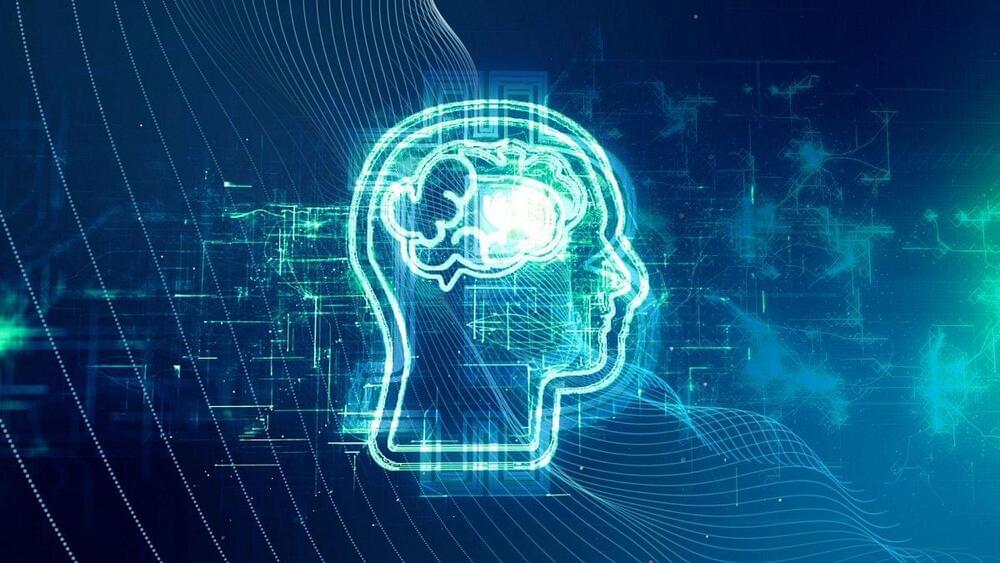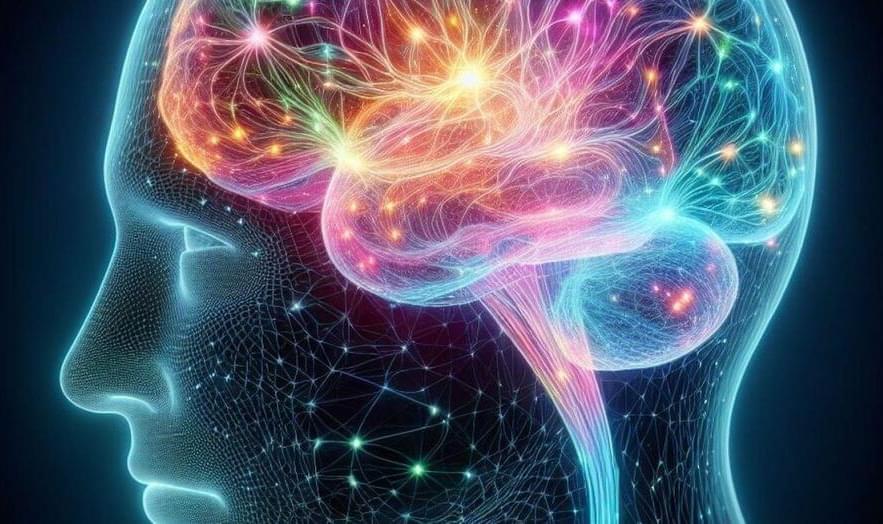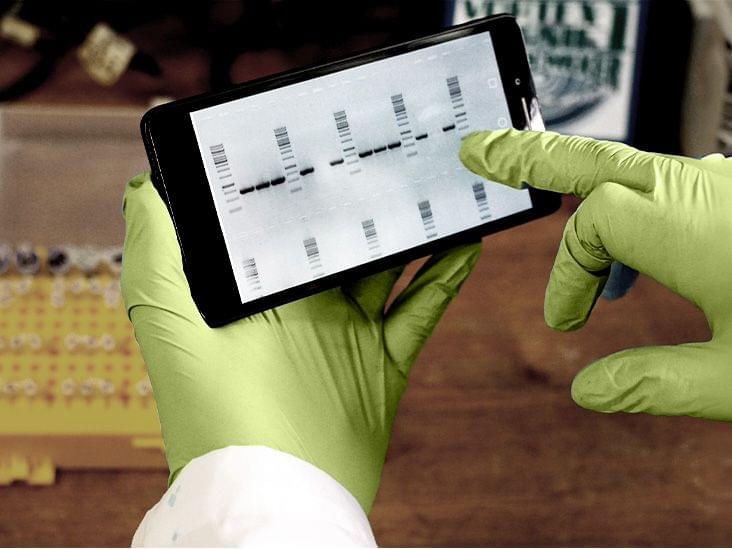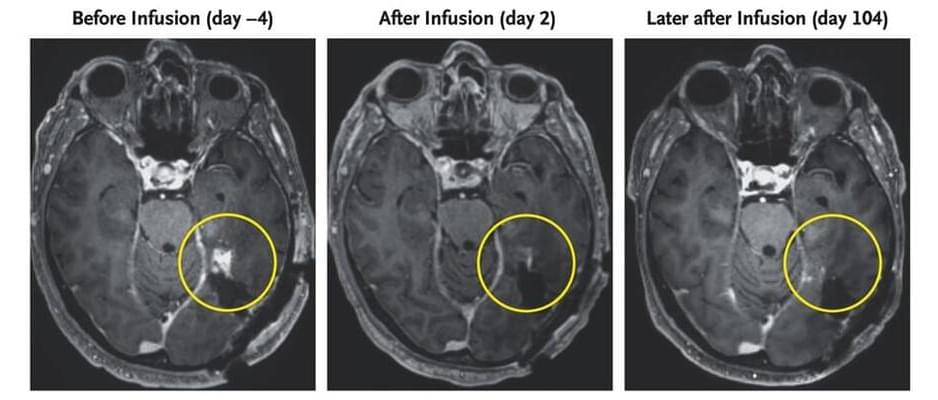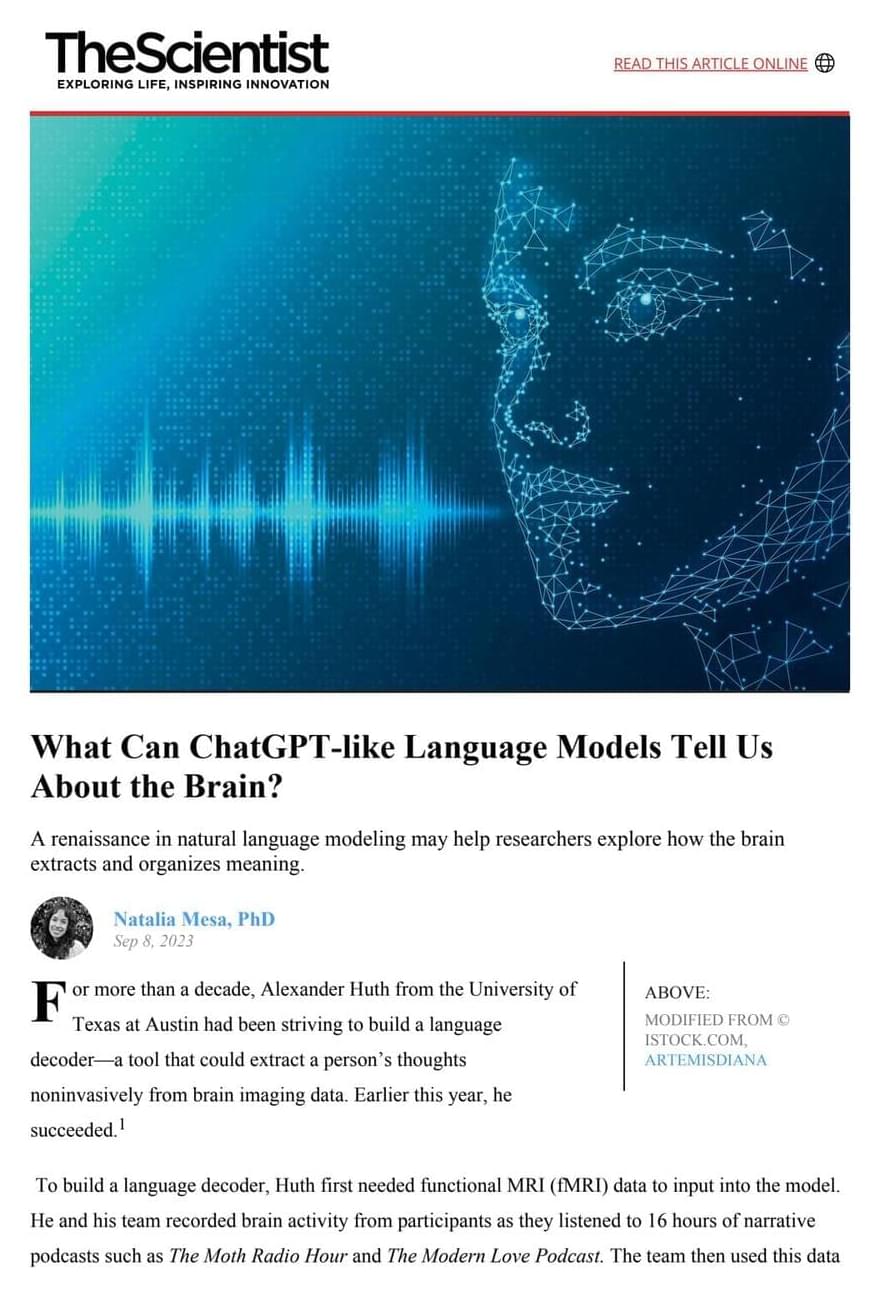When a positive voltage was applied to the chip, the ions flowed to the pore, where their pressure created a blister between the chip’s surface and the graphite layer. When the blister forced the graphite upward, the device became more conductive, switching its memory state to “on.” Since the graphite stayed lifted even without a current, the chip essentially remembered this state, A negative voltage could pull the chip’s layers back together, resetting the device to its “off” state.
The scientists were able to connect two of these chips to form a logic gate —a circuit that can implement logical operations such as AND, OR, and NOT. They note they can build any other classical logic gate commonly employed in digital computing using their logic gate. This is the first time multiple fluidic memristors have been connected to form a circuit.
Previously, scientists developed fluidic memristors based on tiny syringes or microscopic slits. However, these earlier devices were too bulky and complex to scale up to larger systems. In contrast, the new microchips are compact and scalable, Emmerich says.
